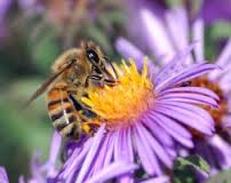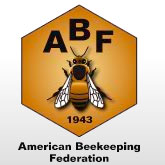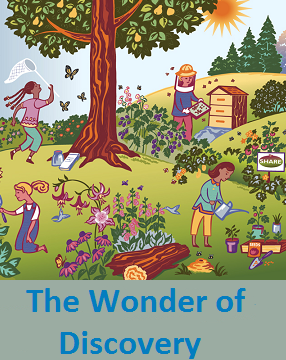|
Buzz buzz buzz! Hearing the sound of a honey bee buzzing can elicit a range of responses, from caution of their stinging self-defense to excitement at seeing their strikingly contrasted yellow and black bodies flitting from flower to flower. Honey bees are hard working pollinators, animals that move pollen from the male anther of a flower to the female stigma of a flower allowing for the production of seeds and fruits. Many favorites, from apples to almonds, are almost exclusively pollinated by honey bees!
Here are some fun facts about honey bees from the American Beekeeping Federation:
Honey Bee Facts
Get ready to dance!
A honey bee performs a carefully choreographed "waggle" dance that instructs the rest of the hive where to find a food source.
For Warren and surrounding counties, there is a local chapter of beekeepers with the SouthWestern Ohio Beekeepers Association. They can provide information and support for local beekeepers and for services like proper swarm removal.
For more information about the amazing honey bee and conservation efforts, check out Pollen Nation!
0 Comments
Summertime often finds kids playing and connecting to the outdoors, soaking up the sun and fresh air. As we head into the last months of summer, WCSWCD encourages fostering those outdoor connections all year long! Our Education Specialists are excitedly gearing up for the oncoming school year. Bringing environmental science programs about natural resources to local schools gives us the opportunity to connect with students of all ages on these fun topics. From learning about stream health by following Fred the Fish in early elementary grades, to examining current environmental issues and best management practices in high school classes, we LOVE the chance to enhance learning through hands-on inquiry and games.
We look forward to working with schools all across Warren County. To learn more about program and resource offerings for teachers, please visit our Education page!
|
Details
Author:
|
|
|
Contact:PHONE: (513) 695 - 1337
EMAIL: wcswcd@gmail.com HOURS: Monday - Friday 7:30am - 4:00pm (except holidays) Connect:Warren County Soil & Water Conservation District Copyright © 2016
Warren SWCD Privacy Notice. Emails are serviced by Constant Contact. Constant Contact's Privacy Notice. |





